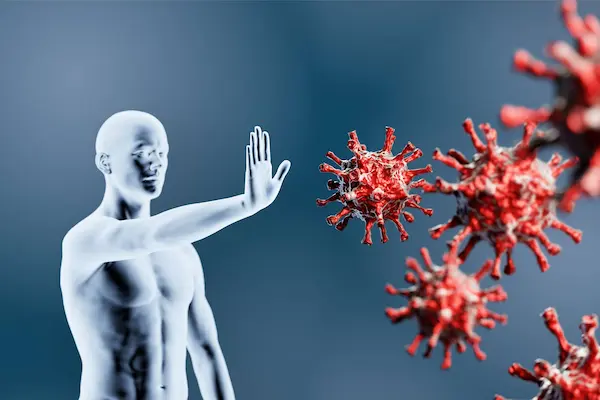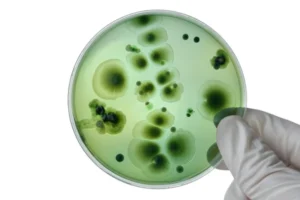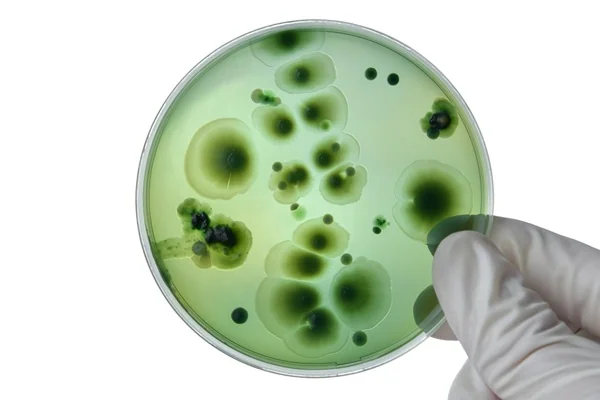Thymalin Peptide is a thymus-derived compound that actively supports T lymphocytes, the immune system’s frontline defenders. Studies show it can influence these cells’ development and activity, helping researchers understand how the immune system responds to infections, stress, and age-related changes.
Laboratory research highlights Thymalin’s ability to act on critical immune pathways, offering insights into T cell activation and regulation. Researchers use it to explore immune responses, infection management, and ways to strengthen natural defenses. Its observed effects on immune cells make it a central focus in thymus peptide research. Studying Thymalin helps researchers investigate potential strategies to improve immune function in controlled research models.
To fully understand these mechanisms, it is necessary to examine how Thymalin actively supports T-cell function and the biological processes that strengthen immune resilience.
Explore Thymalin Peptide from Peptide Works, a thymus-derived compound studied for its role in T cell activity, cytokine balance, and immune coordination.
How Thymalin Peptide Enhances T Cell Function and Immune Pathways?
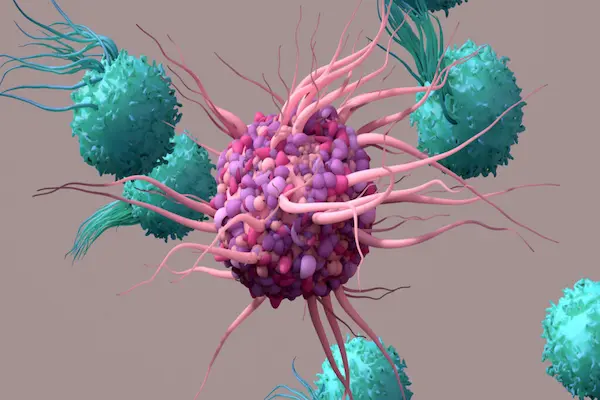
Thymalin peptide plays an important role in supporting T lymphocytes, the body’s main defense cells. It helps them grow and multiply improving their ability to respond to infections and other challenges. By potentially regulating cytokine production, Thymalin may help support immune balance and reduce the risk of overactivation.
Thymalin may also influence processes such as programmed cell death and antigen recognition. These actions strengthen the immune system and support recovery from immunodeficiencies. Its effects make Thymalin a promising subject of study in immunotherapy and age-related immune support.
Cytokine regulation represents a fundamental mechanism through which Thymalin exerts its effects on immune cell communication.
How Thymalin Peptide Modulates Cytokine Production?
Thymalin peptide helps control the production of cytokines, the proteins that guide immune responses. It may influence pro-inflammatory cytokines such as IL-6, TNF-α, and IL-1β, helping the immune system remain active without becoming overreactive. This regulation prevents excessive inflammation while helping the body respond to infections effectively.
Thymalin also affects T-helper cells, influencing the Th1/Th2 balance. By supporting proper immune signaling, it ensures the right type of response is activated. These effects help maintain immune homeostasis and support recovery from weakened immune states, making Thymalin an important tool in research on immune health.
Beyond cytokine modulation, researchers also study how Thymalin shapes deeper signaling pathways inside immune cells.
How Thymalin Peptide Influences Immune Signaling?
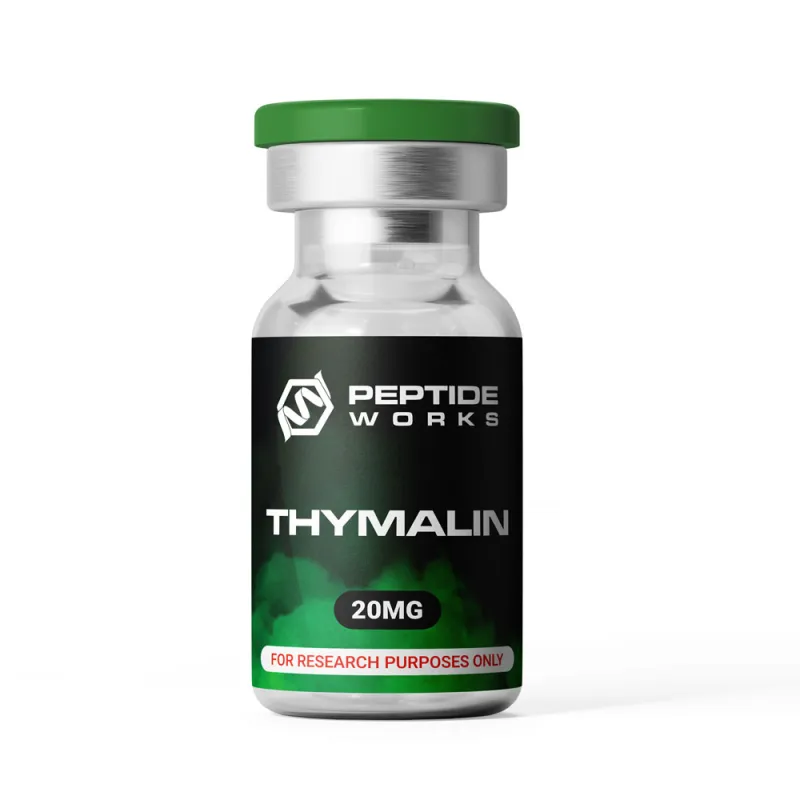
Thymalin peptide acts within immune cells and modulates T cell activity. It may affect signaling pathways involving molecules such as NF-κB and STAT proteins, which control genes important for immune responses. These signals enable T cells to respond quickly to infections and to coordinate with other immune cells. Peptides like Thymosin Alpha-1 work in similar ways and help support immune signaling while complementing Thymalin’s effects.
Thymalin also influences signals in B cells and natural killer cells. By adjusting these signals, it helps the immune system respond correctly, strengthens adaptive and innate immunity and keeps the immune system balanced. These actions make it a relevant subject in research on immune aging, immune coordination and potential immunotherapy strategies.
Another thymic peptide worth examining is Thymosin Alpha-1, which shows its own unique impact on immune performance.
How Thymosin Alpha-1 Enhances Immune Function?
Thymosin Alpha-1 enhances immune performance by strengthening T cell activity and supporting dendritic cells that detect and present infections. It also fine-tunes cytokine signals, helping the immune system mount rapid, precise responses. This efficiency allows the body to neutralize threats effectively while keeping the defense system under control.
Researchers studying thymus-derived compounds, including thymalin peptide, note that peptides can influence immune pathways in complementary ways. This highlights the wider role of thymic peptides in sustaining both adaptive and innate immunity.
Research has also focused on Thymosin Alpha-1’s ability to restore immune function when defenses are compromised.
Discover Thymosin Alpha-1 from Peptide Works, a thymic peptide researched for enhancing immune recovery, boosting T cell responses, and supporting resilience.
Thymosin Alpha-1 and Immune System Recovery
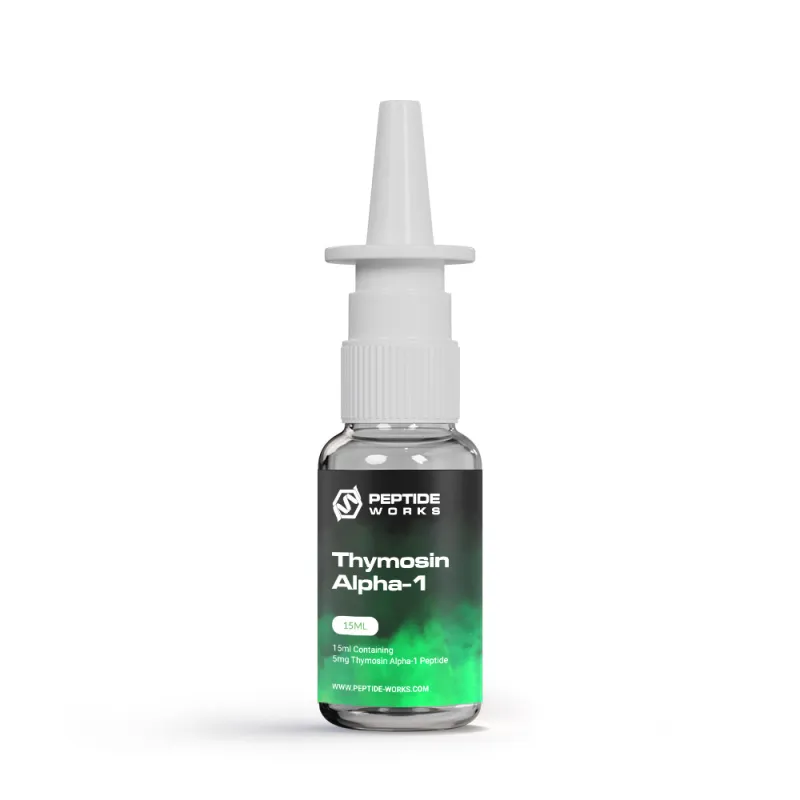
Thymosin Alpha-1 helps restore immune strength when defenses are weakened by stress, chronic infection, or age-related decline. It improves the CD4/CD8 ratio, replenishes naïve T cells, and activates natural killer cells, all of which are essential for rebuilding resilience. These restorative actions give the immune system the capacity to recover and coordinate effectively again.
By moderating cytokine release, Thymosin Alpha-1 reduces harmful inflammation while still preserving protective responses. Research on thymus-derived compounds such as thymalin peptide further underscores their importance in restoring immune balance and resilience.
A direct comparison reveals how both peptides support immunity through different but complementary mechanisms.
Thymalin vs Thymosin Alpha-1: Comparing Peptides for Immune Support
Thymalin Peptide and Thymosin Alpha-1 both come from the thymus and are studied for how they support the immune system. Thymalin helps guide T cells, balance cytokines, and keep signals in check. This makes it useful in studies on aging and immune coordination. Thymosin Alpha-1, on the other hand, is known for helping the immune system recover. It improves the CD4/CD8 ratio, builds naïve T-cells and boosts natural killer cells.
While both support immunity, they work in different ways. Thymalin is studied mainly for its role in regulating immune coordination, while Thymosin Alpha 1 is noted for supporting recovery when immune-function is weakened.
Comparison of Thymalin vs Thymosin Alpha-1
| Feature | Thymalin Peptide | Thymosin Alpha-1 |
|---|---|---|
| Primary Action | Regulates T cell activity and cytokine balance | Restores immune function, improves CD4/CD8 ratio |
| Immune Focus | Supports immune coordination and signaling | Strengthens recovery from weakened immunity |
| Research Areas | Aging immunity, immune pathways, immunotherapy | Chronic infections, immune exhaustion, resilience |
This comparison shows how each peptide provides a different angle for studying immunity, making them valuable for advancing knowledge of resilience and recovery.
The Future of Thymalin Peptide in Immune Health
Thymalin Peptide continues to draw interest for its potential role in T cell balance, cytokine control and immune coordination. Thymosin Alpha-1 adds to this promise by helping restore defenses and improving resilience in studies. Together, these thymus-derived peptides reflect the growing potential of research compounds in shaping how we understand immune-recovery and healthy aging.
At Peptide Works, we sell high-quality research peptides for researchers worldwide. With each new discovery, these tools support advancing studies in immune health and therapeutic development, bringing hope for stronger, healthier immune systems in the future.
All peptides and compounds mentioned are strictly for research purposes only and not for human use.
References
[1] Khavinson VK, Linkova NS, Chalisova NI, Ivko OM. The Use of Thymalin for Immunocorrection and Molecular Aspects of Biological Activity. Biol Bull Rev. 2021;11(4):377–82.
[2] Kuznik B, Khavinson V, Shapovalov K, Linkova N, et al. Peptide Drug Thymalin Regulates Immune Status in Severe COVID-19 Older Patients. Adv Gerontol. 2021;11(4):368–76.
[3] King R, Tuthill C. Immune Modulation with Thymosin Alpha 1 Treatment. Vitam Horm. 2016;102:151-78.
[4] Dominari A, Hathaway Iii D, Pandav K, Matos W, et al. Thymosin alpha 1: A comprehensive review of the literature. World J Virol. 2020 Dec 15;9(5):67-78.

